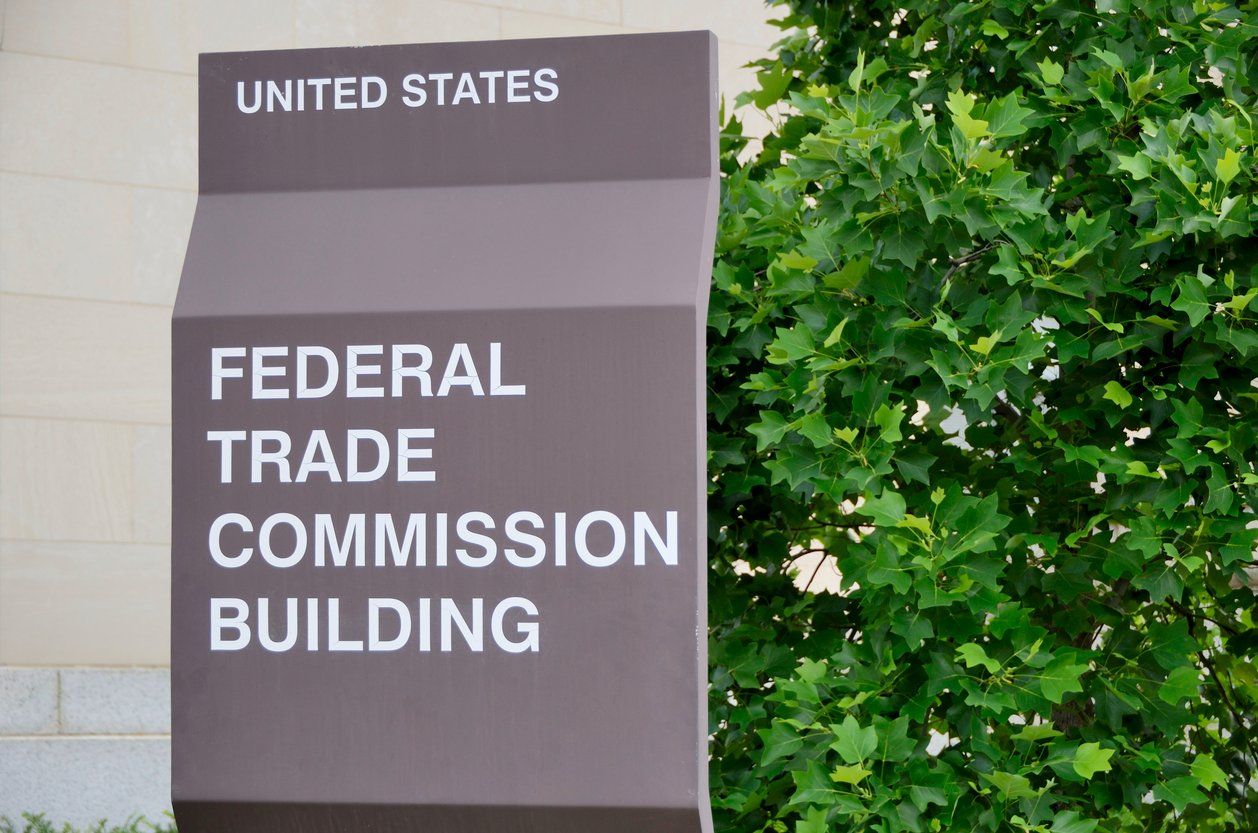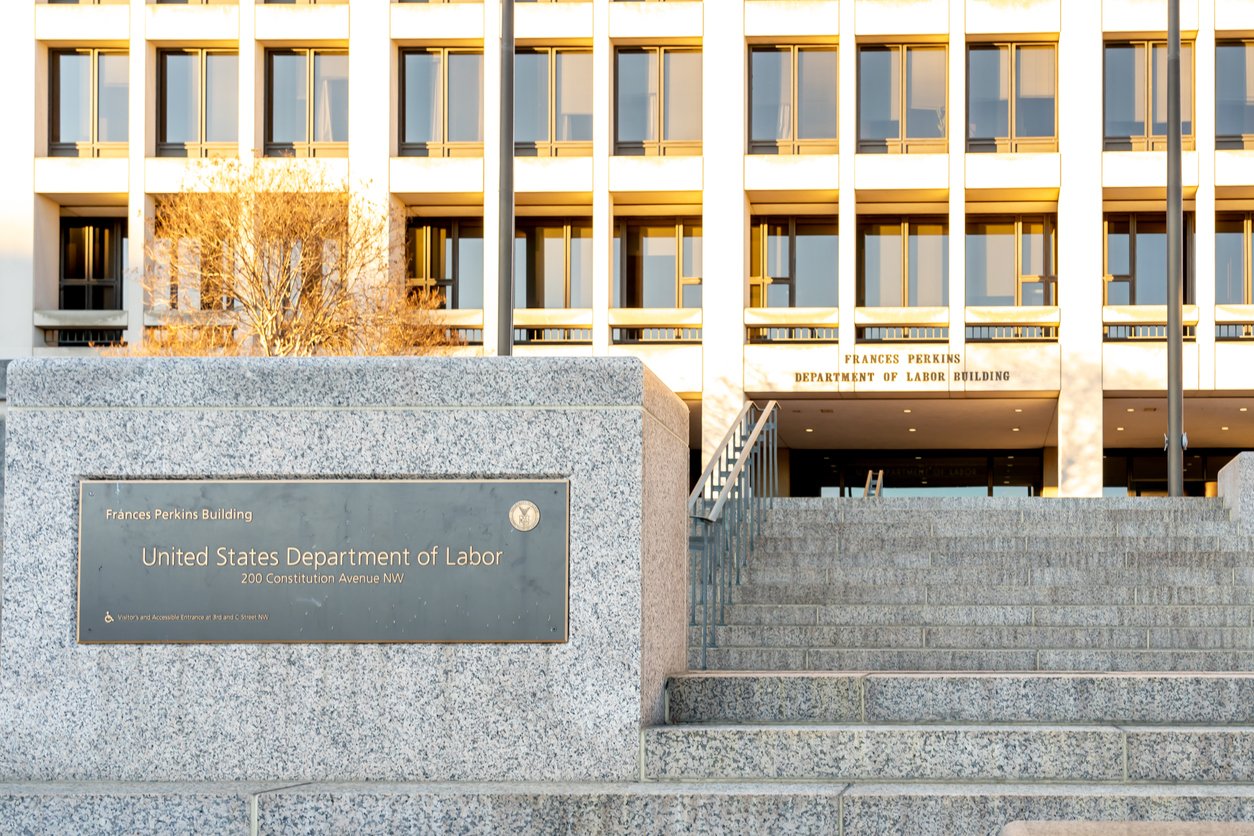
Written by
Aidan Farrish
Aidan is an aPHR-certified writer on the marketing team at BerniePortal. She writes about HR, healthcare, and benefits.
What Should Employers Know About the Affirmative Action Ruling?

The Supreme Court of the United States (SCOTUS) has made several key decisions lately that may affect how small to midsized employers run their businesses. In July 2023, they ruled Affirmative Action unconstitutional.
While Affirmative Action is primarily used for academic admissions, it has also guided DE&I and hiring efforts for many major employers since its passing in 1978. Now, employers of all sizes are adapting DE&I and recruitment strategies post-ruling.
But not many employers understand how this ruling will affect them in the short and long term. So, let’s cover the decision, how it will affect your organization, and actions you can take now to keep going and growing.
What Did the Supreme Court Decide About Affirmative Action?
To understand the Affirmative Action ruling, let’s back up a few steps and learn the context of this historic decision.
This timeline shows the major hits of Supreme Court rulings and government legislation passed that led us to today. Many pieces of legislation, such as President Nixon’s Rehabilitation Act of 1973, strengthened the original orders from President John F. Kennedy and President Lyndon B. Johnson.
Later Supreme Court challenges, like Grutter v. Bollinger and Gratz v. Bollinger of 2003, identified potential weaknesses in the language of affirmative action policies and resulted in programs needing to be ‘narrowly tailored’ to remain constitutional. Law Insider defines narrowly tailored as a restriction [that] is neither under- nor over-inclusive; it only restricts the exact amount of speech necessary to accomplish the purpose of the restriction. In the 2023 cases, the lack of ‘narrowly tailored’ affirmative action policies ultimately led to the repeal of the broad 1978 ruling.
It is important to note that many other addendums and decisions in between rulings increased and later limited affirmative action’s reach. Check out the American Association for Access, Equity and Diversity’s timeline for a more detailed history.
Will the Affirmative Action Decision Affect Small Employers?
This ruling will affect very little for your day-to-day operations. It will have the most significant impact on recruitment. If you are using strategies based on Affirmative Action policies, it is now unlawful to:
- Use race-based hiring decisions to satisfy a quota.
- Set aside positions for applicants of certain races.
- Consider race a deciding or ‘plus’ factor in hiring decisions.
You may not have been doing these things anyway—regardless, you can play it safe by auditing your current recruitment strategies to ensure you are compliant.
When thinking about recruitment, consider that some say talent pools from higher education may become less diverse. Affirmative Action will have a much more immediate effect on admissions in higher education, so if you’re recruiting fresh college graduates, you may have a less diverse hiring pool.
Think about how your hiring efforts can reach out to communities that will provide diverse talents and ways of thinking. If you want to learn more about how HR can participate in community outreach, check out the episode below.
What Should Employers Do Now?
The most immediate action small employers should take in the wake of the Affirmative Action ruling is to audit recruitment strategies and DE&I initiatives.
Review your hiring policies to determine if your system of processes (SOPs) is aligned with current legislation and your organization's needs. If you have strong recruitment drives that were designed based on Affirmative Action policies, you should revisit those strategies to understand if they are lawful.
If you are concerned about a different talent pool, review your hiring requirements and consider what is actually necessary to find quality candidates. Many positions require college degrees, which may place constraints on your recruiting efforts. Recognize alternative qualifications and try skills-based hiring, and commit to upskilling those who would be a great addition to your organization.
Some in the workforce may question if employers are doing enough in the wake of Affirmative Action’s repeal. You can use this as an opportunity to improve DE&I efforts, showing your workforce and potential applicants your organization’s commitment to diversity.
If you have internal DE&I initiatives, revisit them to ensure they are best suited to your organization’s needs and goals. How do you promote diversity and growth in your present workforce? You can take action by:
- building robust leadership opportunities
- creating internship programs
- offering apprenticeship positions if applicable to your industry
- arrange development opportunities to grow your talent
- making a special effort to run employee recognition programs
These actionable items may boost your culture alongside increasing retention rates during a tight labor market. You may also make your organization more attractive to talent.
Additional Resources
You can stay informed, educated, and up to date with important HR topics using BerniePortal’s comprehensive resources:
- BernieU—free online HR courses, approved for SHRM and HRCI recertification credit
- BerniePortal Blog—a one-stop shop for HR industry news
- HR Glossary—featuring the most common HR terms, acronyms, and compliance
- Resource Library—essential guides covering a comprehensive list of HR topics
- HR Party of One—our popular YouTube series and podcast, covering emerging HR trends and enduring HR topics

Written by
Aidan Farrish
Aidan is an aPHR-certified writer on the marketing team at BerniePortal. She writes about HR, healthcare, and benefits.
Related Posts
Do you use a noncompete agreement at your workplace? According to the Federal Trade...
The news we’ve all been patiently (or impatiently) waiting for is finally here! The DOL...
In 2023, iTutorGroup, an online learning platform based out of China, used an Artificial...
On April 15, 2024, the U.S. Equal Employment Opportunity Commission (EEOC) issued a final...








Submit a Comment